Onions (Allium cepa) are a staple vegetable in kitchens worldwide. They are not only essential in cooking but also provide numerous health benefits when consumed regularly. Growing onions at home can be a rewarding experience, as they are relatively easy to grow and require minimal care once established. In this guide, we’ll explore the steps to grow onions and the numerous advantages of incorporating them into your diet.
How to Grow Onions
Choosing the Right Onion Varieties
There are several types of onions, including yellow, red, and white onions, each with unique flavors and uses. It’s important to choose the variety that best suits your climate and personal preference. Onions can be grown from seeds, sets (small bulbs), or transplants, with sets being the easiest for beginners.
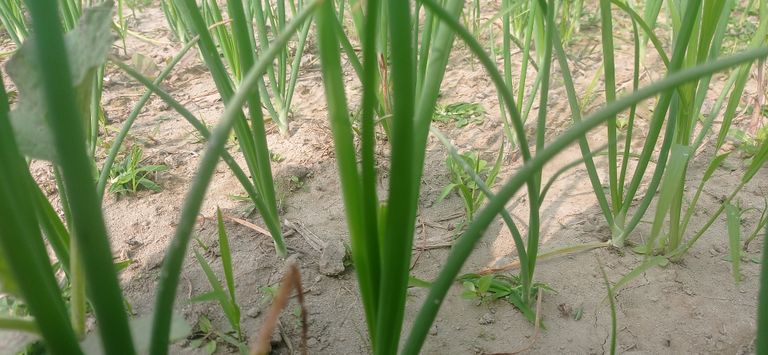
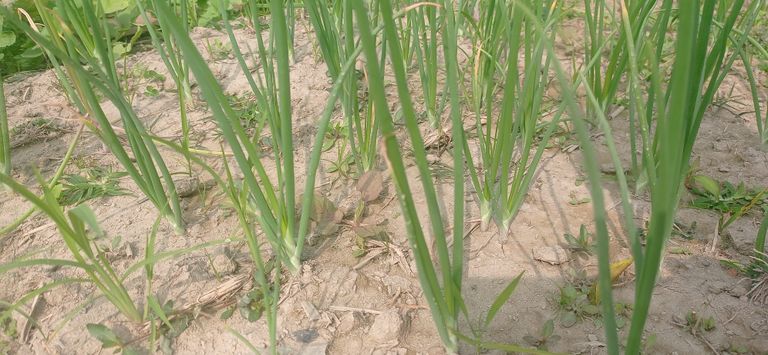
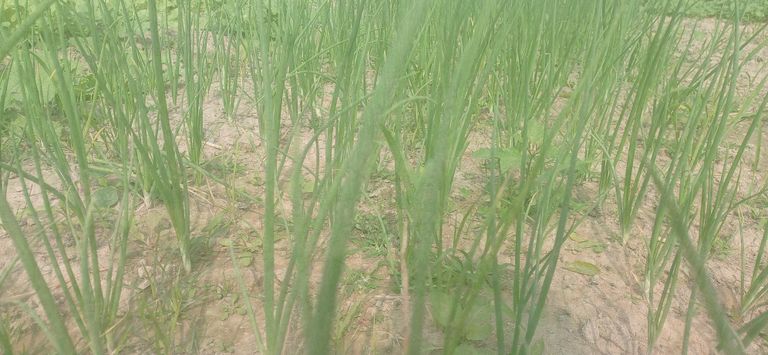
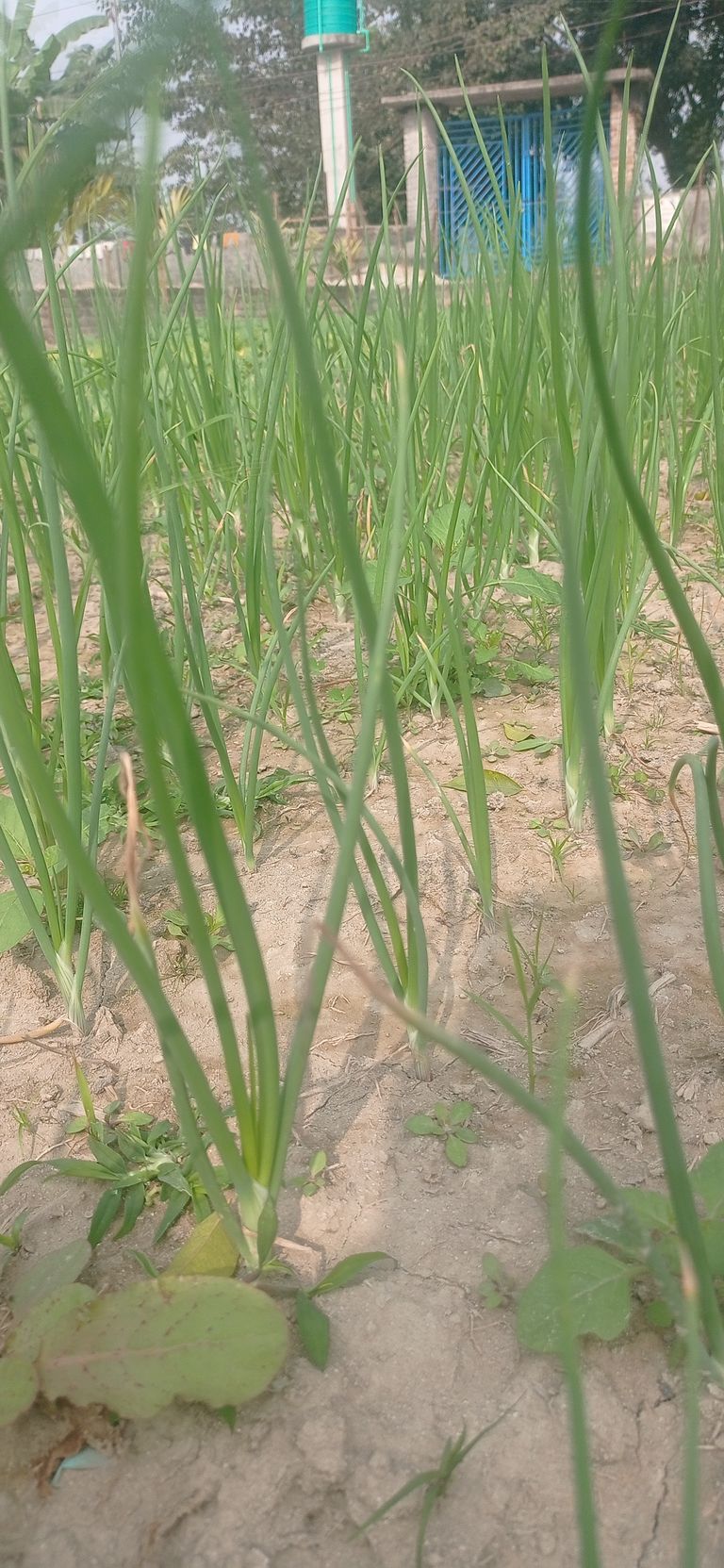
Preparing the Soil
Onions thrive in loose, well-draining soil rich in organic matter. Before planting, prepare the soil by tilling it to a depth of 8–10 inches. Add compost or well-rotted manure to improve soil fertility. Onions prefer a slightly acidic to neutral pH, ideally between 6.0 and 7.0. You can test your soil and amend it with lime or sulfur if necessary.
Planting Onions
Onions need full sunlight to grow well, so choose a location that gets at least 6–8 hours of direct sunlight daily. The best time to plant onions is in early spring or late winter, depending on your region’s climate.
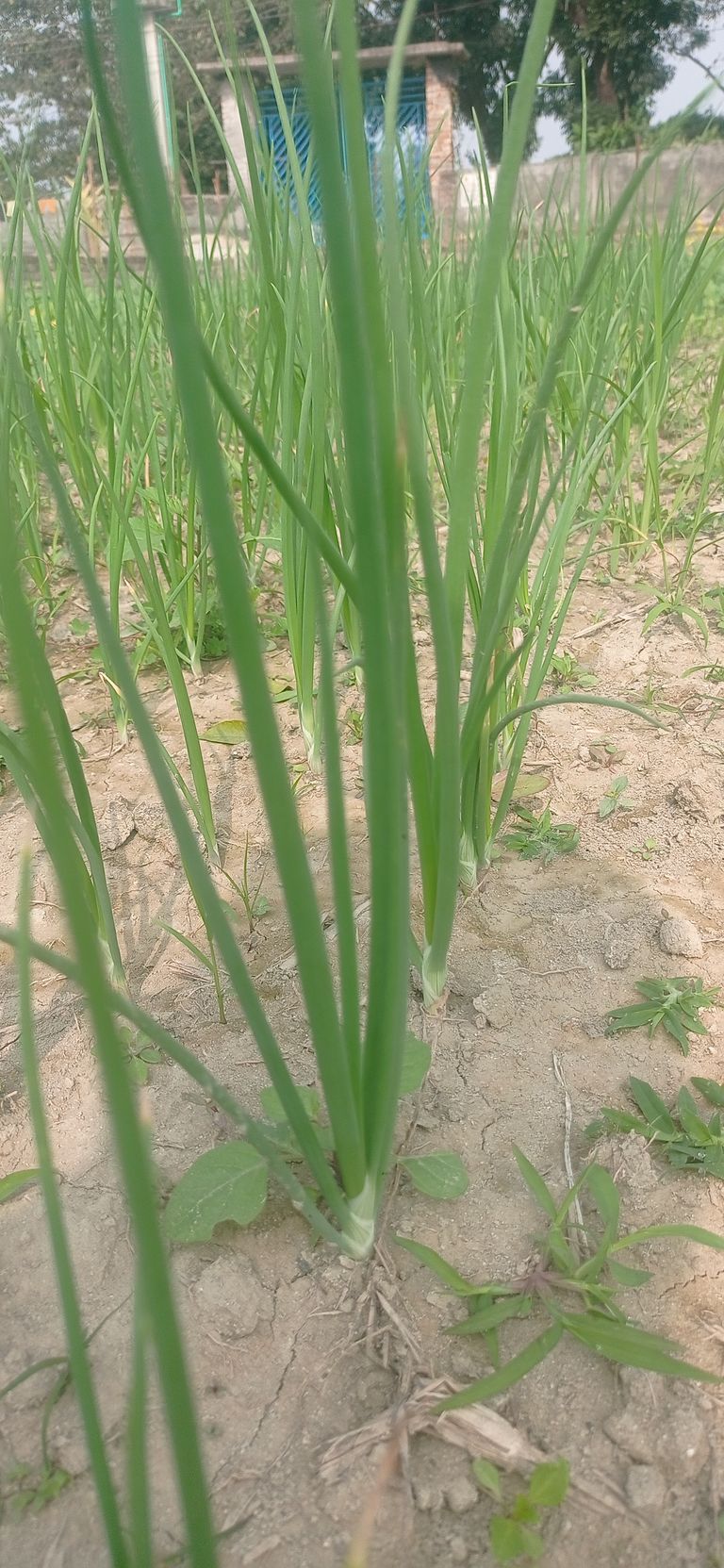
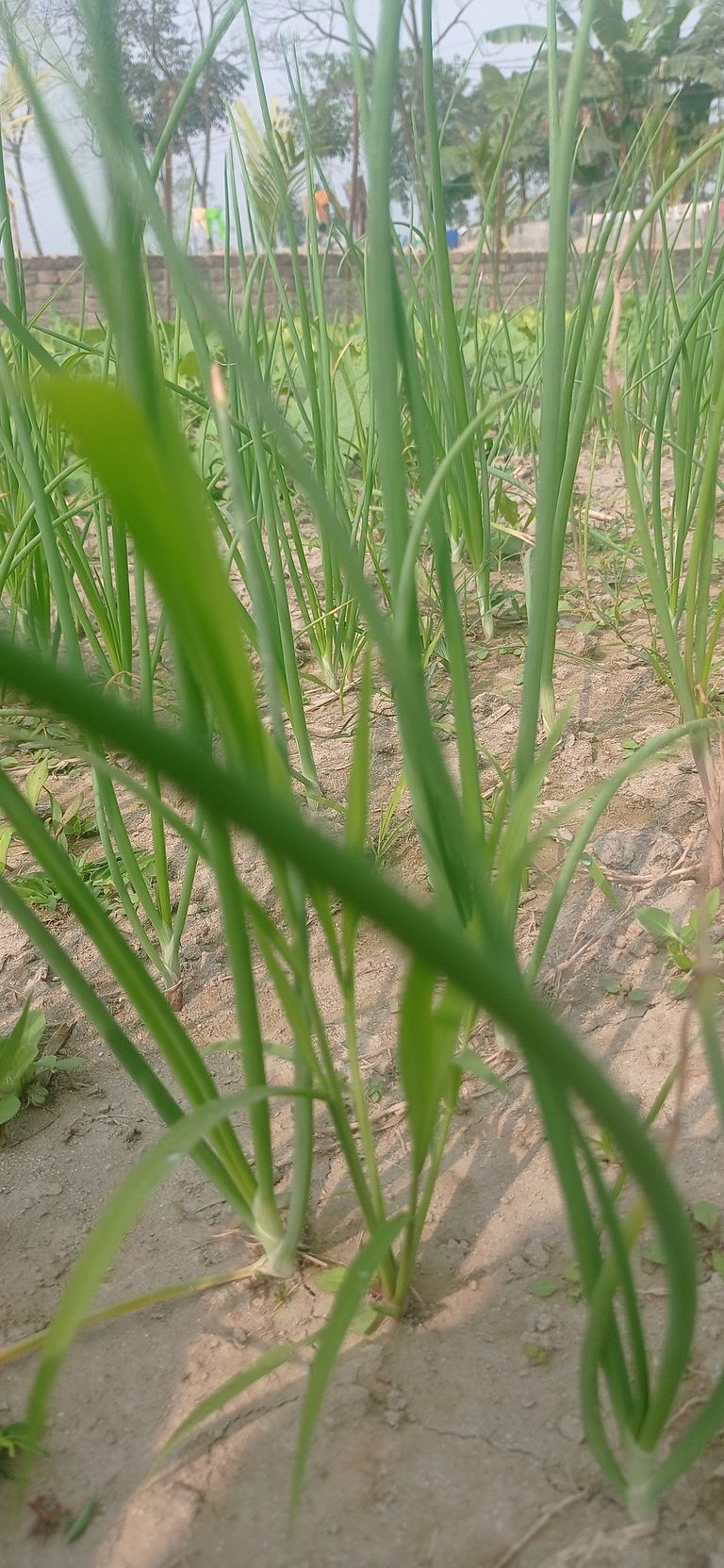
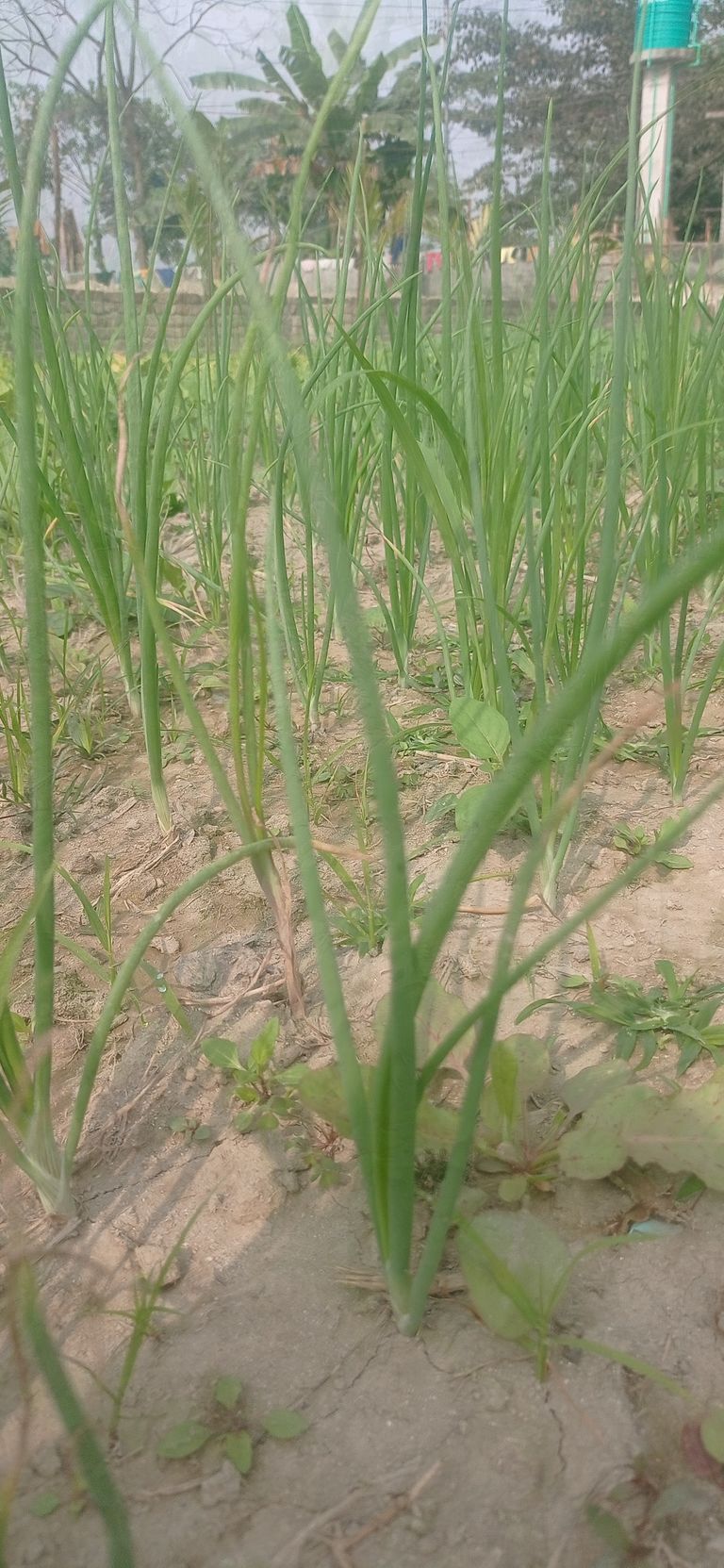
From Sets: If planting onion sets, plant them 1 inch deep and space them 4–6 inches apart in rows that are about 12 inches apart. Sets will start growing quickly and are more resilient to weather conditions.
From Seeds: If you are starting from seeds, begin by sowing them indoors 8–10 weeks before the last frost date. Once the seedlings are 3–4 inches tall, harden them off by gradually introducing them to outdoor conditions. Transplant the seedlings into the garden when the soil temperature reaches 50°F to 70°F.
From Transplants: For faster growth, you can purchase onion transplants from local nurseries and plant them directly in your garden, following the same spacing as for sets.
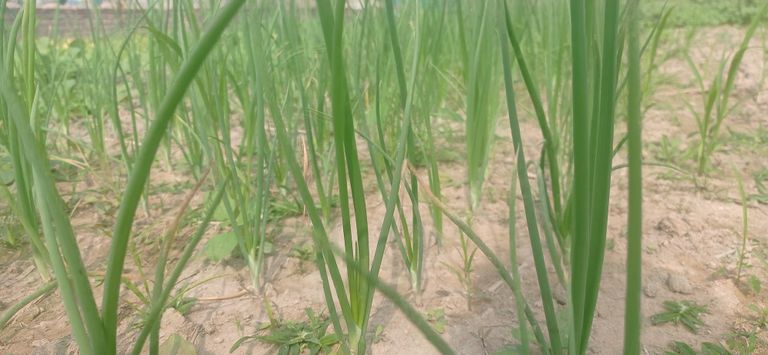
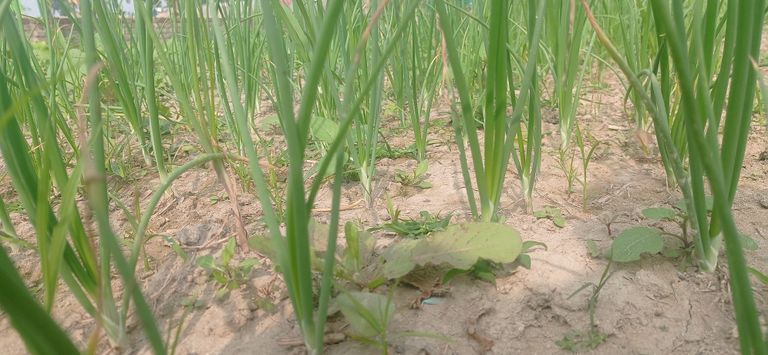
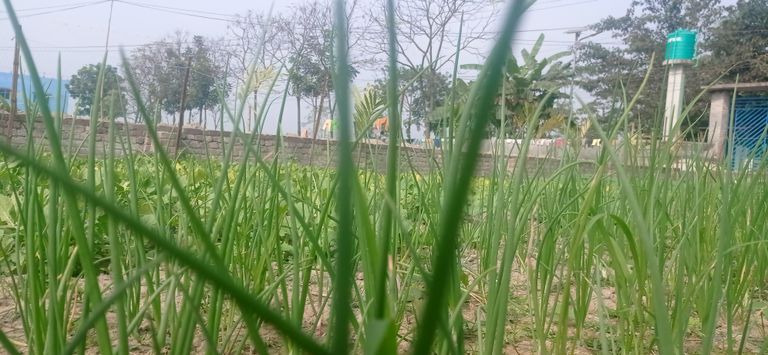
Watering and Care
Onions require consistent moisture throughout their growing period, but they do not like soggy soil. Water them deeply, ensuring the soil remains moist but well-drained. During dry spells, provide additional water to prevent the bulbs from drying out. Mulching around the plants can help retain moisture and suppress weeds.
Onions are relatively low-maintenance, but regular weeding is necessary to prevent competition for nutrients. As the onions grow, you may need to thin them out if planted too closely to allow the bulbs to mature properly. Additionally, fertilizing onions with a balanced fertilizer every 4–6 weeks will promote healthy growth and strong bulb development.
Harvesting Onions
Onions are ready to harvest when the tops start to yellow and fall over. This typically occurs in late summer or early fall, depending on when you planted them. Carefully dig up the onions with a fork or spade, being careful not to damage the bulbs. After harvesting, allow the onions to cure in a dry, warm place for 2–3 weeks. This process helps them store longer by toughening the outer skins.
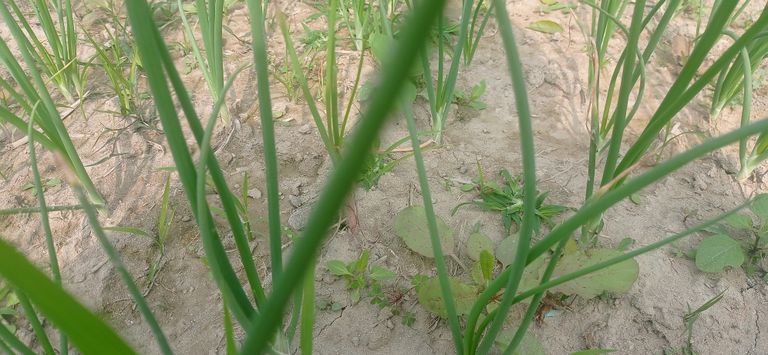
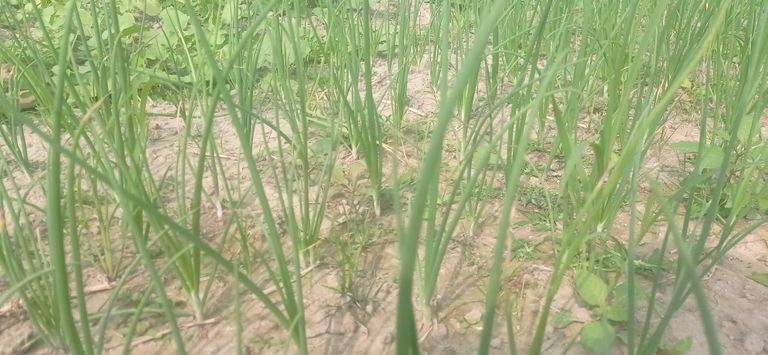

Storing Onions
Once onions are fully cured, trim the roots and cut the tops to about 1 inch. Store the onions in a cool, dry, and well-ventilated area. Hanging them in mesh bags or braiding their tops works well for storage. Properly stored onions can last for several months, depending on the variety and conditions.
Benefits of Eating Onions
Onions are not just a flavorful addition to dishes but are packed with nutrients and health benefits. Here are some reasons to make onions a regular part of your diet:
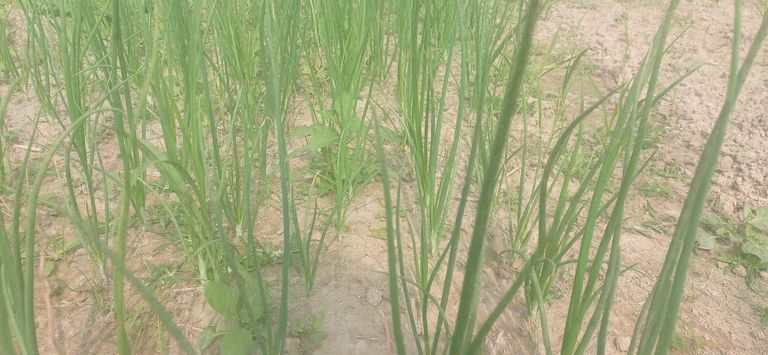
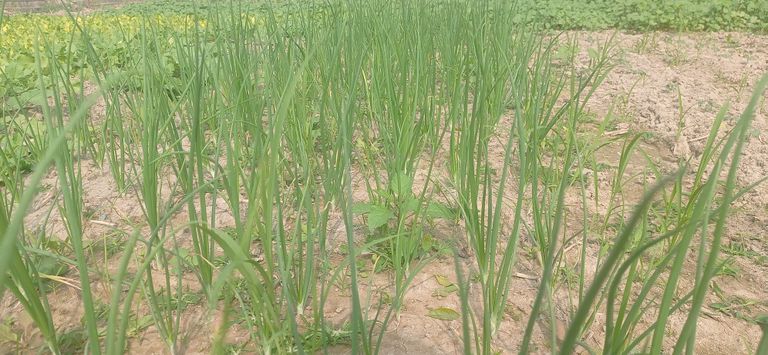
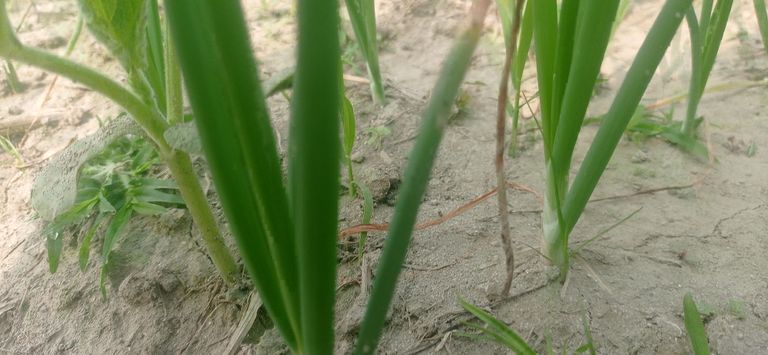
Rich in Nutrients
Onions are a low-calorie food packed with essential vitamins and minerals. They are an excellent source of vitamin C, which supports the immune system and skin health. Onions also contain B vitamins, including B6 and folate, which are important for metabolism and red blood cell formation. Additionally, onions are rich in antioxidants, such as flavonoids and sulfur compounds, which help combat oxidative stress and inflammation.
Support Heart Health
Onions have been linked to improved heart health due to their ability to lower cholesterol and reduce blood pressure. The sulfur compounds in onions help prevent blood clots and improve blood circulation, reducing the risk of cardiovascular diseases. The antioxidants in onions also help lower LDL cholesterol levels and increase HDL cholesterol, promoting a healthier heart.
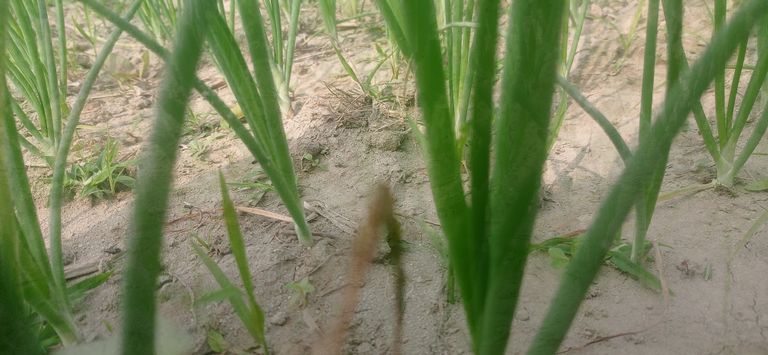
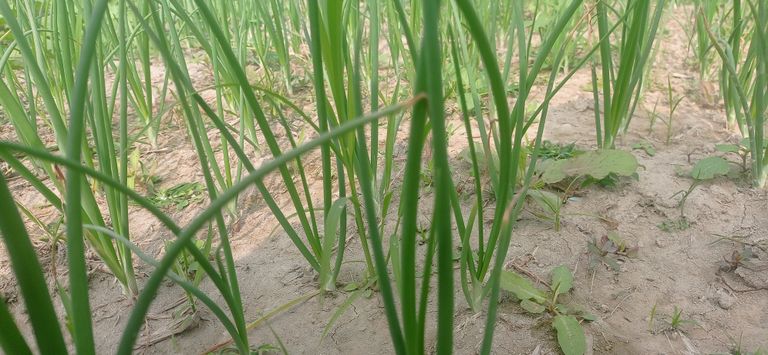
Anti-Inflammatory Properties
Onions contain compounds that possess anti-inflammatory effects, which can help reduce the risk of chronic diseases like arthritis, asthma, and other inflammatory conditions. Regular consumption of onions can help reduce inflammation in the body, potentially easing symptoms of such conditions.
Boost Digestive Health
Onions are rich in prebiotics, particularly inulin, which promotes the growth of beneficial gut bacteria. A healthy gut microbiome is essential for digestion, immunity, and overall health. By supporting healthy digestion, onions may help prevent constipation, bloating, and other digestive issues.
May Help Regulate Blood Sugar
Research suggests that onions may help regulate blood sugar levels, making them beneficial for individuals with diabetes or those at risk of developing the condition. The sulfur compounds in onions may increase insulin sensitivity and improve blood sugar control.
Cancer-Fighting Properties
Several studies have shown that onions contain compounds with potential anticancer effects. The antioxidants and sulfur compounds in onions help protect cells from damage caused by free radicals, reducing the risk of cancer. In particular, onion consumption has been associated with a reduced risk of certain cancers, such as colorectal and stomach cancer.
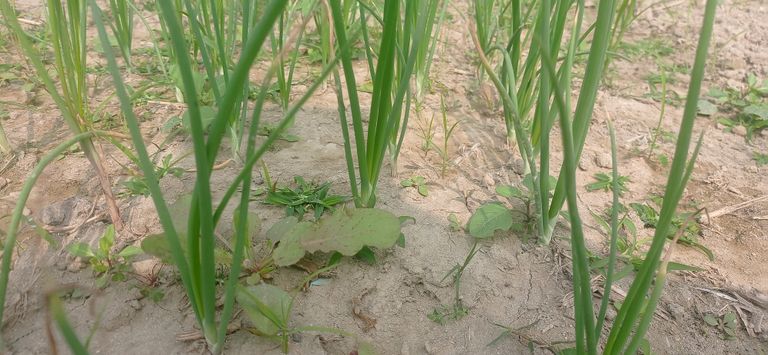
Growing onions is a simple yet rewarding gardening project that can provide fresh, nutritious bulbs for your kitchen. Their versatility in the kitchen, combined with their numerous health benefits, makes onions a valuable addition to any diet. Whether you grow them yourself or buy them from the store, onions offer an abundance of flavor and nutrition to help support your overall well-being.